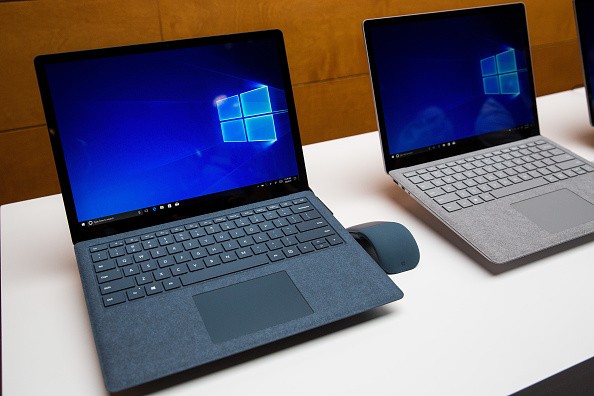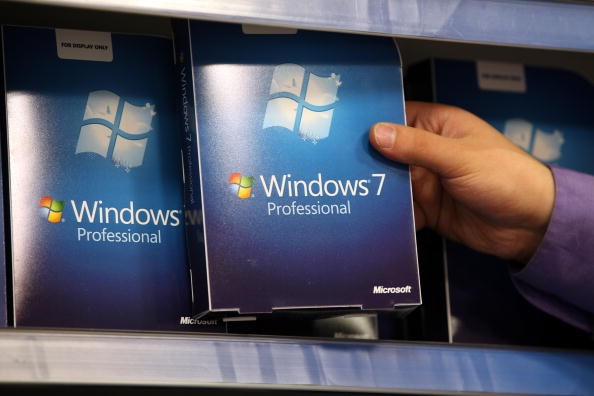Microsoft's Windows 7 Extended Security Updates are bound to take their final curtain call this week, or on January 10, to be more exact.
So in a few more days, Windows 7 Professional and Enterprise users would no longer get their hands on future security updates, potentially exposing them to vulnerabilities.

Microsoft Windows 7 Extended Security Updates is Ending This January
It turns out that Windows 7 debuted more than a decade ago when Microsoft released it in 2009, as per a report by Bleeping Computer.
Given that, the Remond-based firm ended support for it a couple of years ago, or in January 2015.
But despite that, millions of users are still running the legacy operating system, thanks to the extended security updates. The renowned tech giant kicked off the extended end of support last January 2020.
The cybersecurity news outlet notes that millions of users are still clinging to the older version of Windows, which debuted more than a decade ago. In fact, Statcounter GlobalStats says that roughly 11% of PCs across the globe still run Windows 7.

And now, the extended security updates support is coming to an end this Tuesday.
Meanwhile, around 2.59% are still on Windows 8.1. It is worth mentioning that the end of extended security also affected Windows 8 users. It also ends on Tuesday or on Jan. 10.
Here's What to do: Windows 10 or Windows 11 Upgrade
Given that Microsoft is ending its support to its older systems, users have to ditch these operating systems.
One of the routes to choose is a Windows 10 upgrade, which most likely supports even older PCs. According to Microsoft, it only needs a 1 GHz or faster CPU, along with 1 GB of RAM for 32-bit systems or 2 GB RAM for 64-bit counterparts. And lastly, 32 GB internal storage would do fine.
However, Microsoft notes that the end of support is nearing as it is on October 14, 2025.
With that, if your PC specifications no longer meet the requirements of Windows 11, you might want to consider investing in a new one. After all, a Windows 10 update is only a temporary solution.
Windows 11 System Requirements
Tom's Guide reports that Microsoft requires a much more powerful PC to run the latest Windows 11. But it does not have to be a gamer-spec kind of powerful. Yet, it might leave behind some older machines.
The system should at least feature a processor of 1 GHz with two cores, along with a minimum of 4 GB RAM.
The internal storage should be 64 GB or larger. Windows 11 also need a graphics card, which is compatible with DirectX 12 or later.
Related Article : Microsoft Ends Windows 7, Windows 8 Security Update Support This January

ⓒ 2025 TECHTIMES.com All rights reserved. Do not reproduce without permission.




